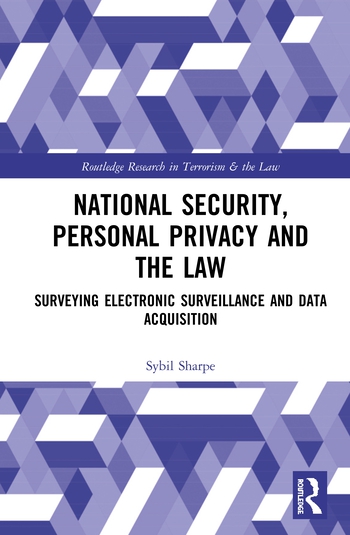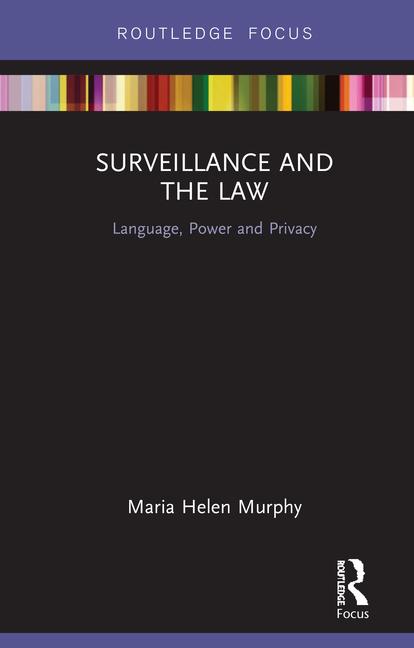A woman brought litigation against a police agency following an encounter with a K-9, during which she was bitten in the face and suffered a fractured arm. The suit was subsequently removed to the United States District Court, Eastern District of Missouri, against the Chief of Police of the St. Louis County Police Department in his official capacity, as well as the officer involved in the incident.
The action against the police chief was ultimately dismissed and the only remaining claim was for excessive force against the defendant police officer. The police officer moved for summary judgment on the basis of qualified immunity, alleging that the plaintiff’s apprehension by the police dog was reasonable under the totality of the circumstances at the time.
The plaintiff, who was homeless and unemployed, attempted to break into a home using a pry bar on the kitchen door. After attempting the forced entry, the plaintiff crawled under a large, black grill cover and went to sleep.
The house was vacant at the time of the attempted break-in, but the homeowner had a remote security device in the house. The homeowner reported to 911 and the police that she heard banging and voices in the house through her remote security device.
Police officers were dispatched to the residence. They understood from the 911 dispatcher that the house was vacant and a burglary was in process. The defendant understood a burglary or attempted burglary was taking place by one or more persons.
The defendant, accompanied by the police dog, was concerned that someone could be lying in wait and would have an advantage over him. The officer decided to search the inside of the house and made the decision to deploy his K-9 to search the house.
Before entering the house from the garage, the defendant announced his and the K-9’s presence and ordered anyone in the house to surrender or they would be bitten by the dog. The defendant waited 10 to 15 seconds after his warning to give anyone in the house a chance to surrender, but none did. The defendant then commanded the dog to search the first floor rooms before the officer did. The dog was released and began his search, during which the plaintiff was bitten in the face. The plaintiff said she was sleeping until the dog bit her.
The court indicated that the defendant may be entitled to qualified immunity for those claims brought against him in his individual capacity, indicating that, “Qualified immunity protects a government official from liability in a section 1983 action unless the official’s conduct violated a clearly established constitutional or statutory right of which a reasonable person would have known.”
The court went on to state that the Fourth Amendment protects citizens from being seized through excessive force by law enforcement officers. The reasonableness test under the Fourth Amendment is not suable to rote application, and the U.S. Supreme Court has allowed for the fact, “That police officers are often forced to make strict second judgments . . . in circumstances that are tense, uncertain, and rapidly evolving. . . about the amount of force that is necessary in a particular situation.”
The court further pointed out that the Eighth Circuit has recognized that police dogs can be an important tool for law enforcement, and the use of a police dog trained only in the “bite and hold” method is not objectively unreasonable.
In a previous case, the court pointed out that in granting summary judgment to the defendants, the District Court concluded the plaintiff “lacked proper foundation to testify because she was sleeping at the time the warning was given.” The court agreed with the previous decision and indicated that the plaintiff cannot rebut the defendant’s evidence that a K-9 warning was given based on the argument that she would have awakened if it had been given.
The court went on to say that even if it were to accept the plaintiff’s theory that the search was over and the officer believed no one was in the room when he entered with the dog, the defendant would still be entitled to summary judgment on the basis of qualified immunity.
It was therefore ordered that the defendant’s motion for summary judgment was granted.










